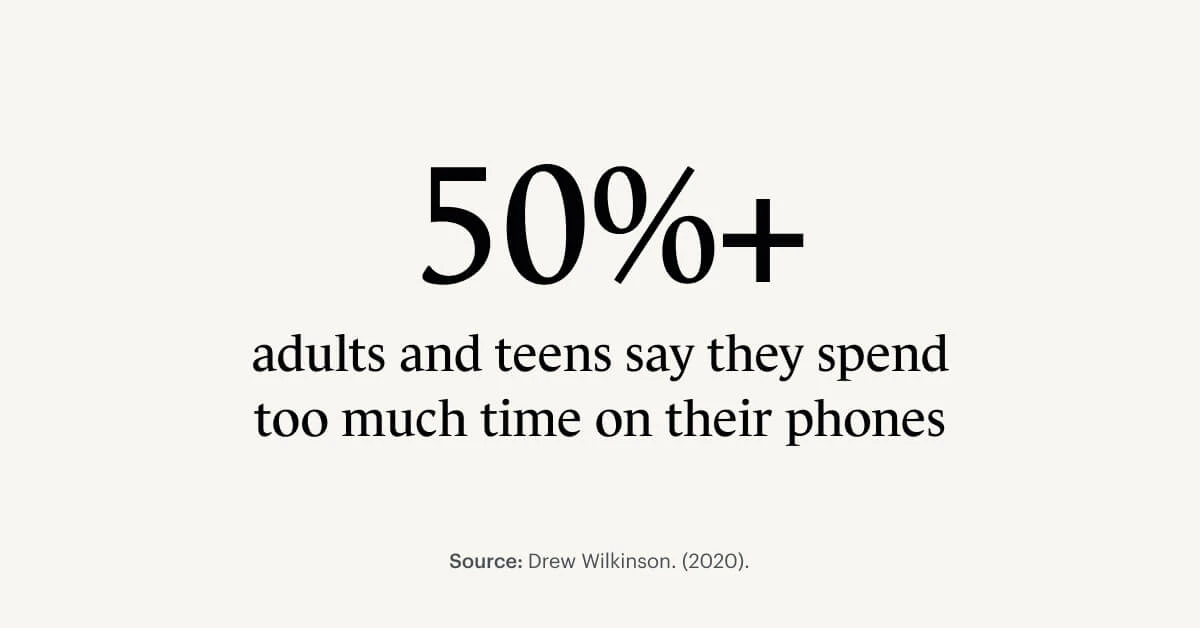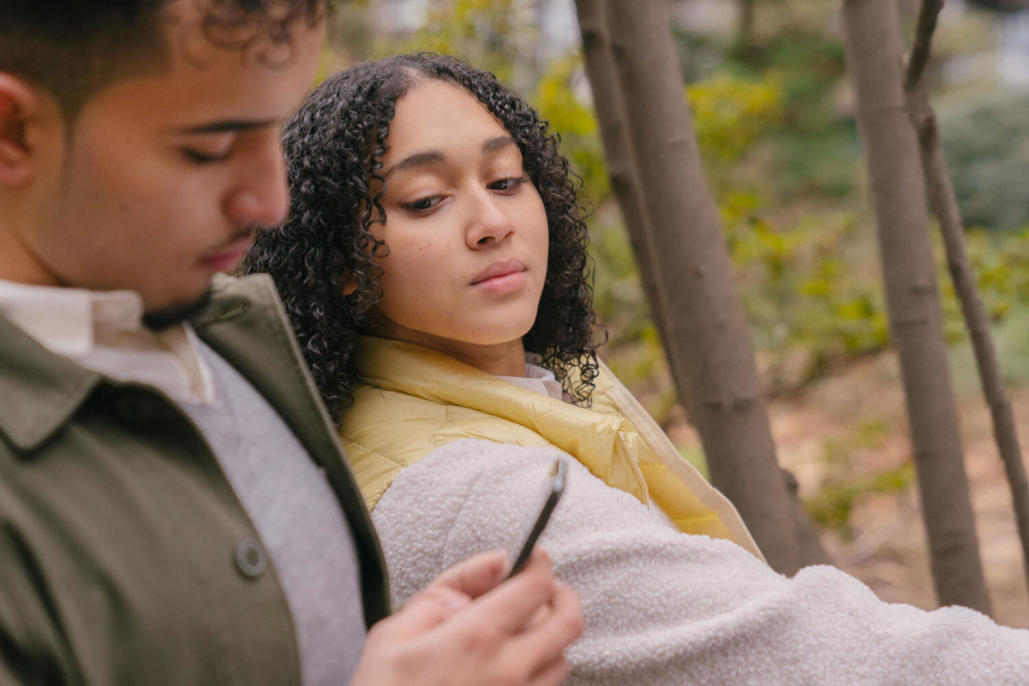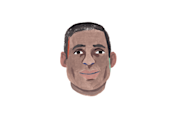We've all probably experienced “phubbing” or phone snubbing.
The term phubbing is created from the words “phone” and “snubbing."
Here's how it goes: You’re out to lunch with a friend, telling them a funny story about your day.
The term phubbing is created from the words “phone” and “snubbing."
You think what you’re saying is interesting, but suddenly your friend pulls out their phone to check Instagram.
You may feel hurt, maybe even embarrassed, questioning whether what you’re saying is worth listening to.
This is phubbing.
How common is phubbing and what are the impacts?
Research has found that 17% of people phub others at least four times daily.
Almost 32% of people report being phubbed two to three times daily.
What's more, a 2020 survey of over 3,000 Americans conducted at the height of the COVID-19 pandemic found over half of respondents admitted to spending too much time on their phone.
While it’s not surprising that this behavior takes place—it can have real consequences.
Phones may connect us to vast online networks, but they can also distract us from real-life interactions.
Phubbing can have real consequences.
According to a 2016 study of 145 U.S. adults, phubbing was "found to indirectly impact depression through relationship satisfaction."
Additionally, among participants in this study, those with anxious attachment styles reported higher levels of cell phone conflict in relationships than those with less anxious attachment styles.
If we want to improve our relationships and mental health, we should think twice before texting or checking our social media feeds while in the presence of others.

Phubbing makes interactions less meaningful
For those who are constantly on their smartphones, time spent with friends is less satisfying, according to a 2020 study.
This makes sense.
If you’re not feeling present, the interaction is less meaningful. This leads to lower quality conversations and less connectedness.
“When you’re with someone, you want to feel like your presence and connection to that person matters, says therapist Emily Gabelman, LCSW, LMFT. "If they're phubbing, it makes others feel like what they’re saying isn’t important or interesting—it can create a sense of disconnection and hurt people’s feelings.”
That’s the key: putting your phone away.
A 2018 study published in the Journal of Applied Social Psychology found that those who simply imagined or thought about phubbing during simulated conversations felt more negatively about the interaction than those who didn’t imagine phubbing.
Phubbers may struggle with mental health
Research suggests that phubbers are more likely to exhibit symptoms of depression, social anxiety, and neuroticism.
Depressed people may prefer online interactions more than in-person because it may be easier for them to establish a network that way.
People with social anxiety disorder may feel nervous talking with others and may use their phones as distractions from that anxiety. Those with neuroticism may struggle with social interaction and find solace in their internet identities.
“If you’re in a situation that makes you uncomfortable, your phone gives you something to do,” says Gabelman. “If you have intrusive thoughts about getting a call from a family member, you may be constantly checking your phone. If you have ADHD, you may have difficulty being present. Mental illnesses can make you more reliant on your phone.”
Moreover, a 2016 study found that one person texting during a conversation makes the experience less pleasant for all parties involved, including the phubber.

Phubbing can hurt those on the receiving end
But the effects of phubbing are unsurprisingly most harmful to the phubbees.
According to a 2018 study, the four fundamental needs in social situations include:
The need to belong
The need for self-esteem
The need for meaningful existence
The need for control
When someone is using their phone when they should be connecting, it can ultimately threaten these four fundamental needs.
Instead of paying attention to their friend, they are actually doing the opposite and making the friend feel rejected.
That can have real consequences for the friend’s mental health. It may also start a cycle of that friend using their phone, and both individuals disengaging.
Gabelman says if someone already has low self-esteem or social anxiety, any “evidence” they get that feeds into their beliefs perpetuates them. If they’re worried about being disliked or boring, and the person they’re with is on the phone ignoring them, they may think, “I’m right, I am boring.”
“I have a friend who checks her phone and stops listening or responding to me,” says Aidan*, 31. “She’ll say, ‘Sorry, keep going…’ And then I’ll usually say, ‘No, I’ll wait until you can listen.’ It’s pretty obnoxious, but she’ll describe what the interaction was about, and it’ll take some of the edge off. It generally makes me feel like she’d rather do something else, though, and makes me self-conscious about what I’m saying.”

How to stop phubbing
When it comes to cutting down on phubbing, Gabelman has a few tips:
Be mindful of the way your phone usage will make the other person feel.
Take care of any phone-related needs before you meet with someone.
Let the other person know that you’re working on being present with them and are trying to not use your phone.
Ask the other person to point out your phubbing if you’re doing it without noticing.
Turn off your phone when you’re with other people.
Keep your phone in your purse, pocket, or simply leave it in the car when you’re with people.
If you’re being phubbed, recognize that the person probably doesn’t have malicious intent—they are likely doing it out of anxiety, compulsion, or a need to feel included in their online social networks.
Be patient with them—but don’t be afraid to assert how you’re feeling.
If they’re making a genuine effort to stop, you can thank them for trying to be present with you and ask how you can help.
“If someone needs to answer a text or a call and they say, ‘Oh hold up, I have to address this’ or acknowledge it’s a break in the conversation, then I’m totally cool with it,” says Kim*, 29. “If they just start using their phone without saying anything, I find it dismissive and rude.”
There are polite ways to check your phone, if you must.
Acknowledge what you’re about to do and why it’s important, so the other person has a heads up.
Only stay on your phone for as long as it’s necessary.
Return your attention to the other person when you’re done and then put your phone away.
That’s the key: putting your phone away.
Make sure it’s out of sight, like in your pocket or purse, or even in your car.
Once you do this, you’ll find that you will phub less and less, which will benefit both your relationships with others as well as your overall mental health.
* Names used are pseudonyms





